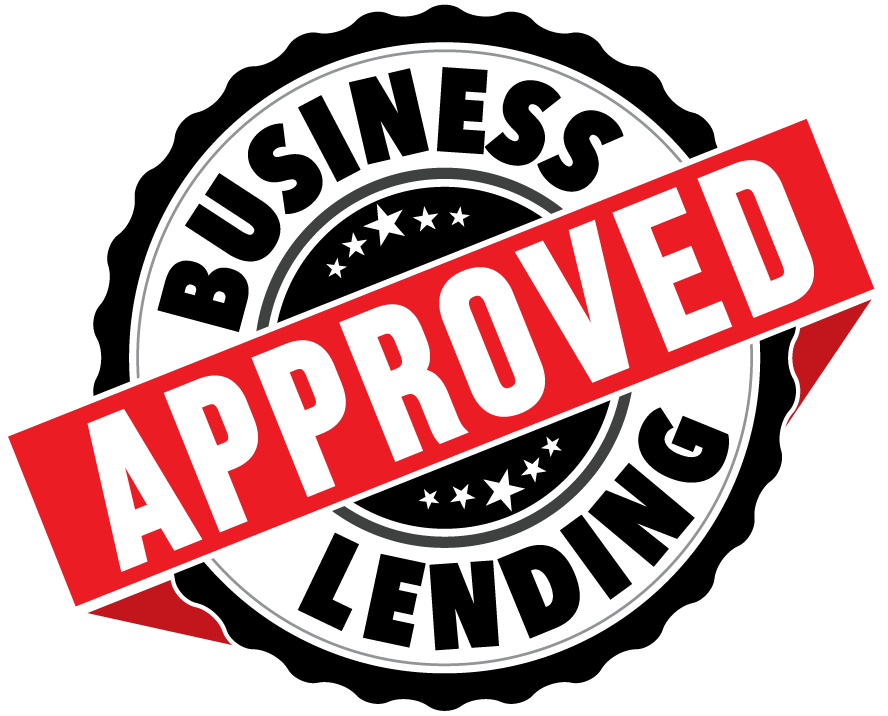Options for Financing Investment Properties
Investing in real estate is a dream that many people don’t believe they can ever make into a reality. Purchasing real estate requires capital, and that means having access to funding. What people don’t realize is there are multiple options for stepping into ownership of investment properties. Here are some financing options that can help anyone create a real estate investment strategy.
Bank Loans
The most common source of financing is through a traditional bank loan. The potential problem is the requirement that the borrower have 20% down so they start out with equity in the property. After all, the bank doesn’t want to lose money should the borrower default on the loan. There are some banks who will agree to terms with a lower down payment, but you will have to do some searching.
Private Lenders
Private money lending means borrowing from individuals you know. This could be family, friends, and associates. Working with whoever agrees to loan you the cash, you’ll draw up your own repayment agreement. The benefit of a private money lender is the process is much less rigorous.
Mortgage Brokers
The broker you work with on purchasing the property can potentially help you find a lender. However, this service isn’t free. The broker will receive a commission, and that costs will be passed back to you.
Hard Money Lenders
While you may think purchasing investment properties requires excellent credit, that doesn’t have to be the case. Hard money lenders are a good option for those with less than stellar credit. They’re more interested in the equity you have in the property. Like traditional bank loans, this will require a substantial amount of cash on hand, unless you can find a real estate bargain that appraises much higher than the asking price.
Seller Financing
For someone who doesn’t have cash or credit, seller financing may be the most viable option for entering into investment real estate. Basically, instead of making payments to a bank, you make payments to the seller—with interest, of course. Any seller would much rather get cash up front, so for the inconvenience, expect the interest to be much higher than the average going rate.
For anyone interested in investment properties as a side income or even a full-time career, where there’s a will, there’s always a way. You just have to want it bad enough. Once you’re in, you can start building your equity and credit so the next purchase you make will be on your own terms.

